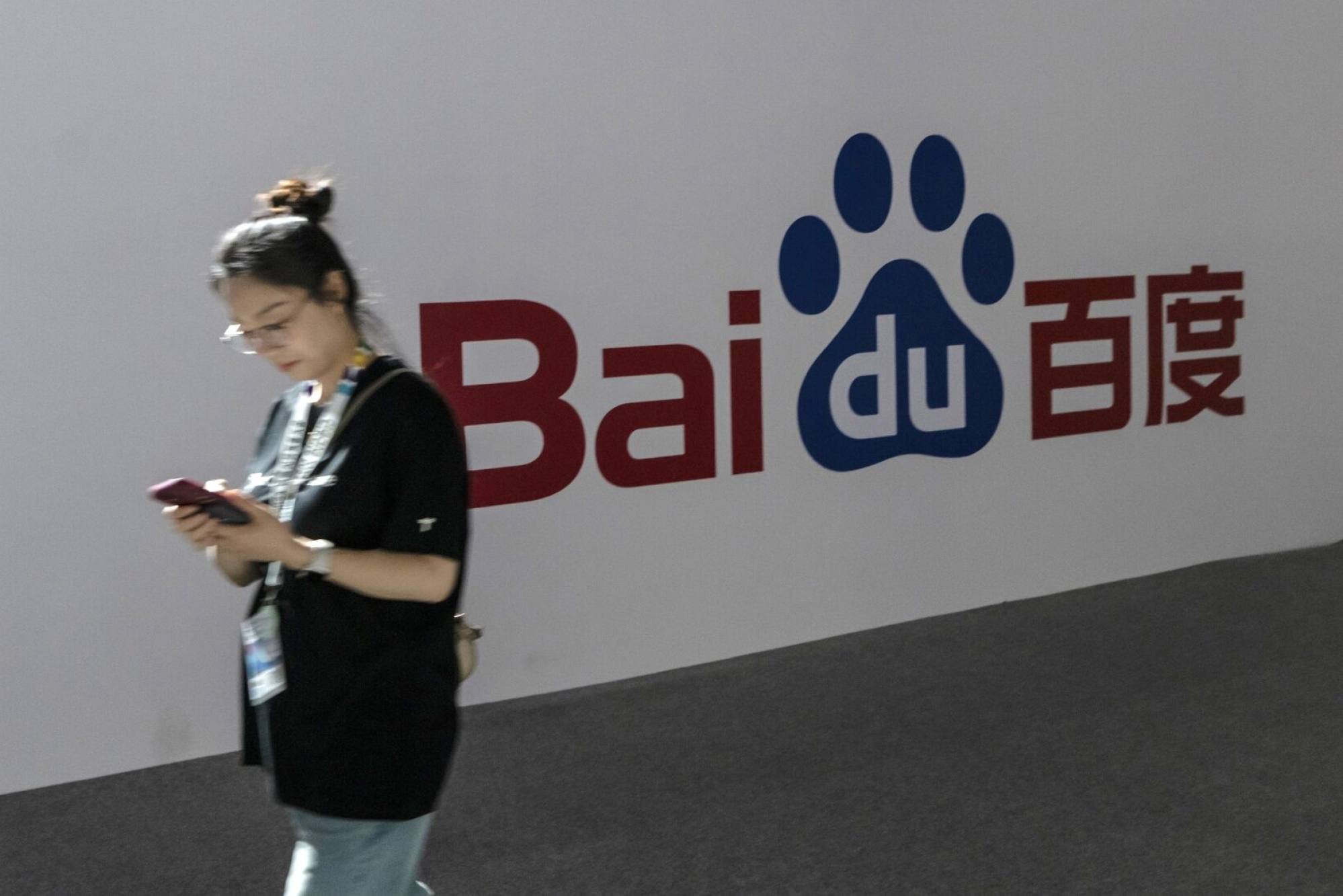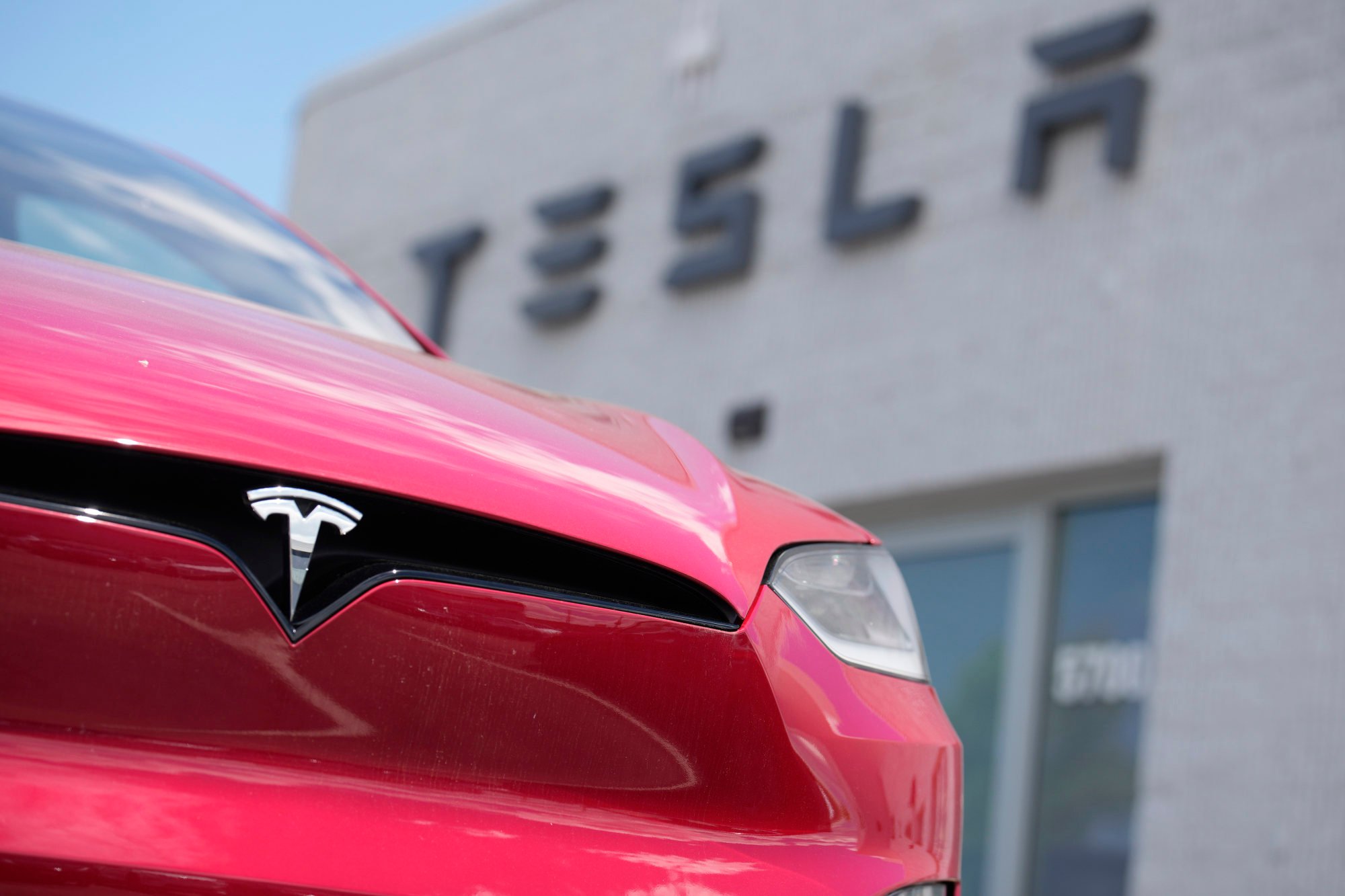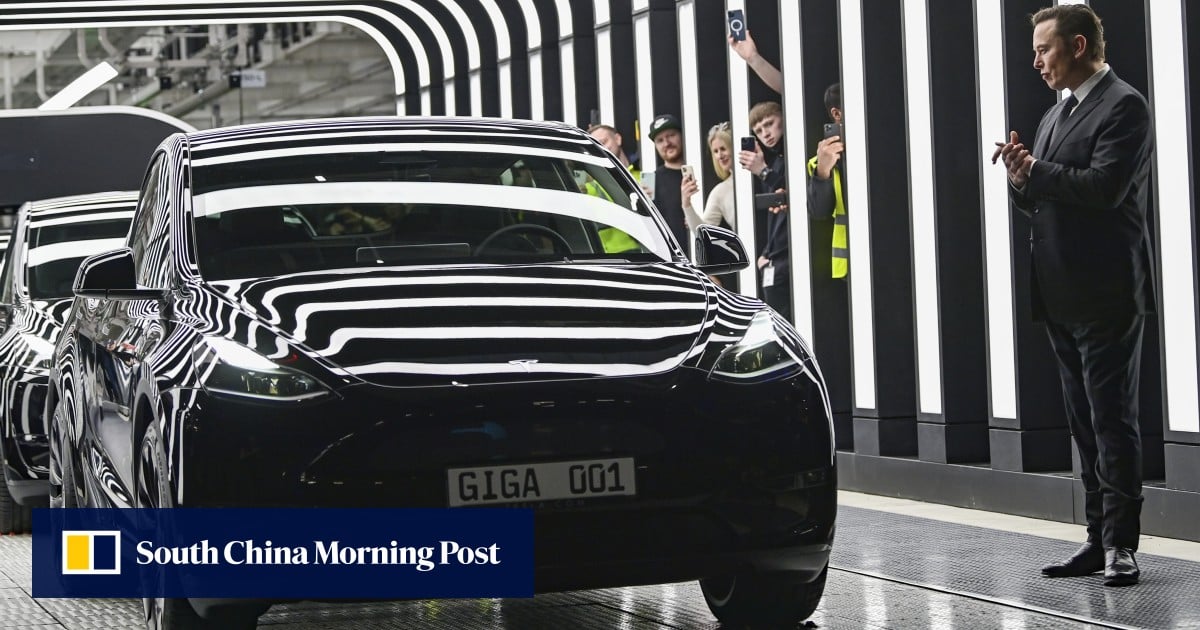“The two main crutches that should not be used, and will in retrospect be obviously false and foolish, are lidar and HD maps,” Musk said in April 2019, referring to light detection and ranging sensors, and high-definition maps. “Mark my words.”
That prediction may no longer apply, at least in China – and not because Musk has altered his view. To go to market with the system his company calls Full Self-Driving (FSD), he had no choice but to join with a local partner for a mapping licence.

Carmakers wishing to offer advanced driver-assistance systems in the country must meet what is called a map-surveying qualification, which applies to a broad range of mapping software. Even AI-driven systems that effectively build maps on the fly through their detection hardware may be subject to this classification.
Beijing-based Baidu is one of only around 20 entities in China that have been granted the top-level qualification, which requires an independent mapping and navigation system, a set of higher-end equipment and a certain number of qualified examiners. Geographic information is closely guarded in China for national security reasons.
All qualified surveyors are either Chinese companies or geographic information departments, and Tesla cannot obtain qualification for FSD without partnering with one of them. The carmaker’s deal with Baidu was crucial to receiving in-principle approval for its system, which requires constant human supervision and does not make its vehicles autonomous.
The precise details of Tesla’s partnership with Baidu, including how the lane-level precision mapping configurations will be integrated in Tesla’s driving system, and whether the carmaker will have to alter FSD to use the Chinese tech giant’s maps, are unclear. Tesla has been using Baidu for in-car mapping and navigation in China since 2020.

Li Junheng, the founder and chief executive of equity-research firm JL Warren Capital, believes Baidu will provide Tesla with the mapping licence it needs to collect driving data, supervise that collection process, and redact and store the data.
Tesla has been trying create a system that learns from human driving patterns instead of attempting to follow hard-coded driving rules, so the company is unlikely to suddenly start relying on HD maps now, according to Andrew Grant, an analyst for BloombergNEF.
“What seems more likely to me is that data collected by Tesla would be stored and processed on Baidu hardware or even by Baidu. This would give China’s government some assurance that data which they deem sensitive is not leaving the shores and ending up in one of Tesla’s supercomputers,” Grant said. “It would also fall in the scope of a broad agreement on ‘mapping and navigation.’”
China’s stipulation that carmakers must work with mapping partners contrasts with Washington’s light-touch approach. The US has not attempted to set hard-and-fast rules or qualifications for companies to meet, electing instead to publish voluntary guidelines for automated-driving systems.

Musk’s negative comments about maps in 2019 were not his last words on the topic. In October 2020, he said that Tesla was taking a “generalised neural net-based approach” to pursuing self-driving.
“There is no need for high-definition maps or a cell phone connection,” he said on an earnings call. “The system is designed such that even if you have no connectivity whatsoever and you’re in a place that you have never been to before, and no Tesla has ever been there, the car should still be able to drive, just like a person.”
Ashok Elluswamy, Tesla’s head of Autopilot, said in March of last year that Tesla wanted to build a “scalable self-driving system” that did not rely on high-definition maps.

